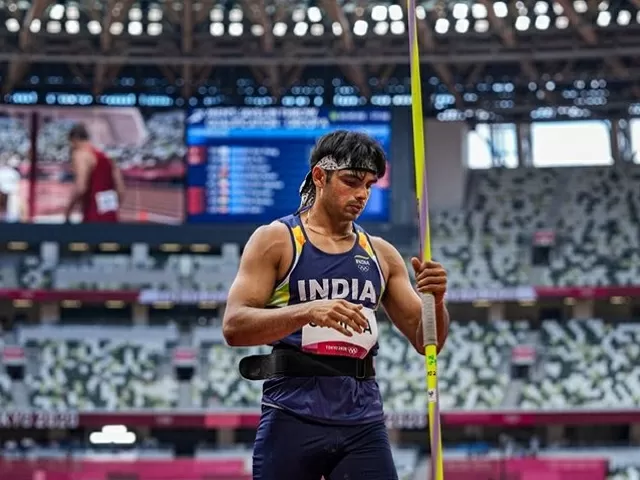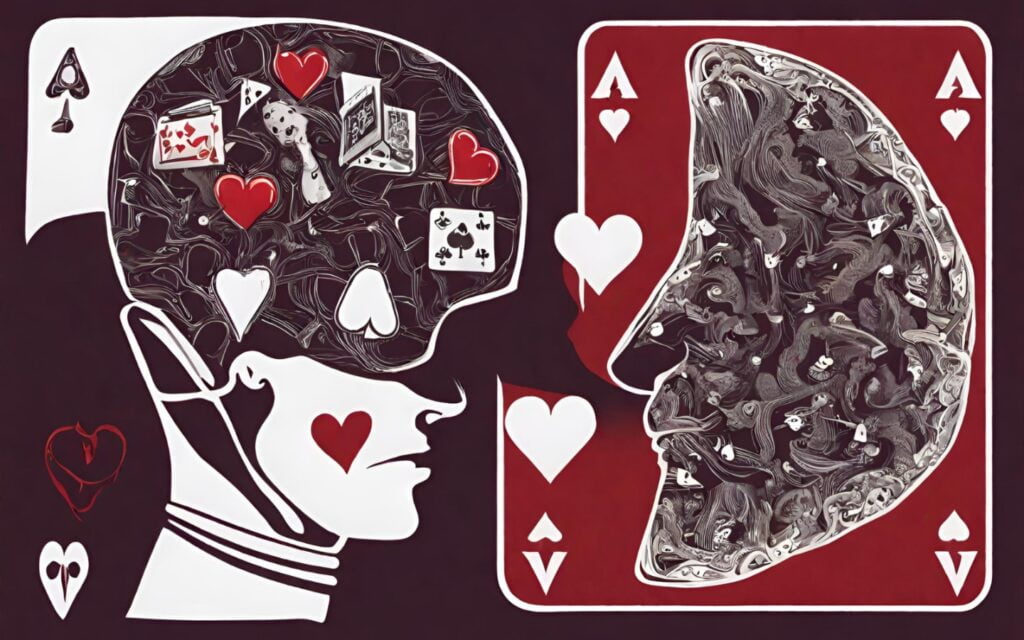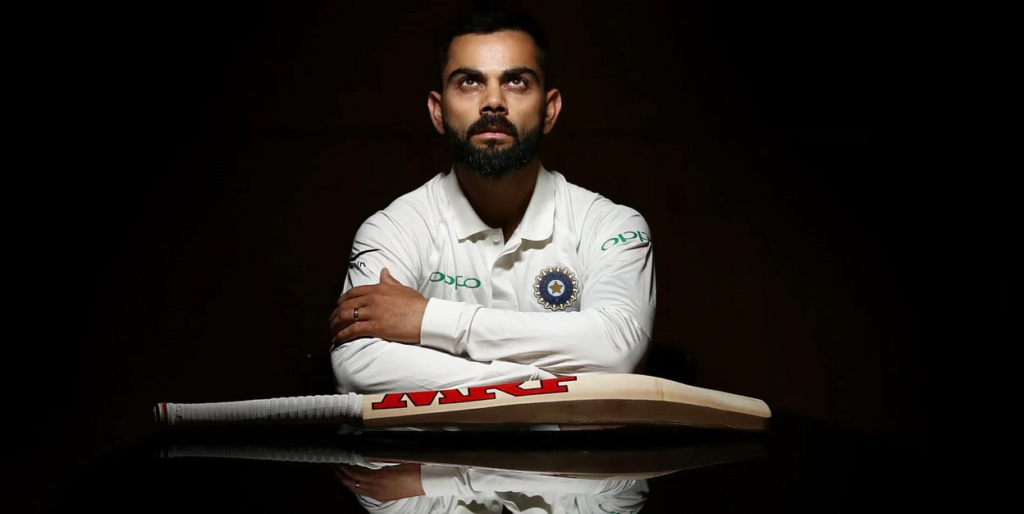As an Olympic athlete, you understand that peak performance requires more than just physical training. Mental preparation is crucial, and one of the most effective ways to prepare mentally is through relaxation techniques and pre-performance routines. In this post, we’ll explore the benefits of Progressive Muscle Relaxation (PMR), a proven technique to reduce stress and enhance focus, and how incorporating it into your pre-performance routine can give you a competitive edge. By the end, you’ll see why training with a sports psychologist can further amplify these benefits.
As athletes, we know that mental preparation is just as crucial as physical training for achieving success in our respective sports. One often overlooked aspect of mental preparation is the incorporation of Calmness techniques and pre-performance routines into our training regimens. These practices can significantly enhance our performance, recovery, and overall well-being.
Olympics Importance of Relaxation Techniques for Athletes
Progressive Muscle Relaxation (PMR) is a technique that involves tensing and then slowly releasing each muscle group in your body. This practice helps you recognize physical sensations of stress and tension, making it easier to achieve a state of calmness. Relaxing techniques are a powerful tool for managing stress, anxiety, and muscle tension. By incorporating these techniques into your routine, you can:
Enhance Recovery: Reduce muscle soreness and promote blood circulation, allowing for quicker recovery and improved performance.
Reduce Stress: Counterbalance the effects of the stress response, leading to improved mental clarity, emotional balance, and overall well-being.
Improve Flexibility and Range of Motion: Incorporate static and dynamic stretching, as well as self-myofascial release, to reduce the risk of injuries and enhance athletic performance.
Focus and Concentration: Cultivate mindfulness and mental clarity through deep breathing, meditation, and guided imagery, leading to improved focus and decision-making during high-pressure situations.

Steps to Perform Progressive Muscle Relaxation
- Find a Quiet Space: Ensure you’re in a calm environment free from distractions.
- Get Comfortable: Sit or lie down in a comfortable position.
- Deep Breathing: Start with deep breathing exercises to help you focus.
- Tense and Release: Begin with your feet, tense the muscles for about 5-10 seconds, then slowly release. Move systematically up your body—legs, abdomen, arms, neck, and face.
- Focus on the Sensation: Pay attention to the difference between tension and relaxed state.
Incorporating Relaxation Techniques into Pre-Performance Routine
As I stood in the locker room during Olympics, my heart racing with anticipation, I took a deep breath and focused on the sensation of the air moving in and out of my lungs. I had learned to incorporate all psychological techniques into my pre-performance routine, and it was now a crucial part of my preparation. I closed my eyes and visualized myself executing each play flawlessly, feeling the rush of adrenaline as I sprinted down the court. The tension in my muscles began to dissipate, replaced by a sense of calm and clarity. I opened my eyes, feeling more centered and focused, ready to take on the competition.
Mastering psychological techniques with sports psychologist support for a comprehensive approach to optimize performance:
- Consistency is Key: Practice PMR daily to get the best results.
- Education and Awareness: Educate yourself and your teammates on the benefits of relaxation techniques and pre-performance routines.
- Incorporate into Warm-Ups and Cool-Downs: Integrate relaxation exercises into your warm-up and cool-down routines to optimize performance and recovery.
- Develop Personalized Pre-Performance Rituals: Establish a consistent pre-performance routine that includes calmness techniques, visualization, and positive self-talk.
- Team Building: Engage in group sessions to foster camaraderie and promote relaxed state among teammates.
Why Train with a Sports Psychologist?
Training with a sports psychologist can be a game-changer for athletes seeking to improve their mental toughness, focus, and overall performance. A sports psychologist can help you develop a personalized mental training plan tailored to your specific needs and goals, providing expert guidance on performance techniques, visualization, and positive self-talk. With their support, you can learn to manage stress and anxiety, build confidence, and enhance your mental resilience, ultimately leading to improved performance and a competitive edge.
A sports psychologist can offer personalized guidance to help you maximize the benefits all mental toughness techniques. Here’s how they can help:
- Develop a Customized Training Plan: Create a tailored plan that addresses your specific needs and goals.
- Provide Expert Guidance: Offer expert advice and support to help you integrate relaxing techniques and pre-performance routines into your training. Learn advanced mental strategies to handle competition pressure.
- Ongoing Support: Get continuous support and adjustments to your mental training as you progress. Track your progress and provide feedback to ensure you are achieving your goals.
Conclusion of routine for athletes in Olympics
Incorporating Progressive Muscle Relaxation into your pre-performance routine can significantly enhance your mental readiness and overall performance. To fully harness the power of this technique, consider training with a sports psychologist who can provide expert guidance and support. Investing in your mental preparation is just as important as your physical training, and it can make all the difference in achieving Olympic success.







